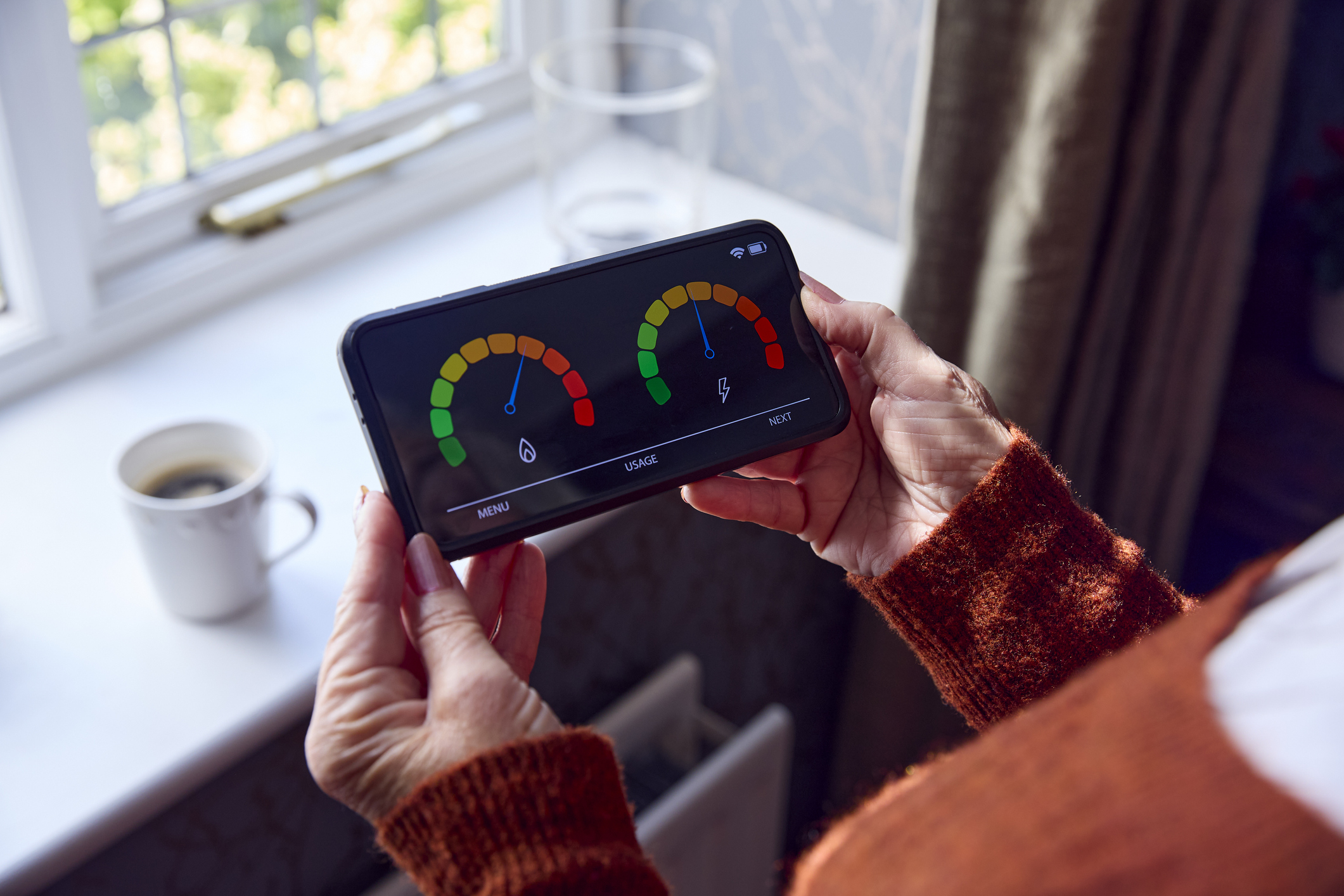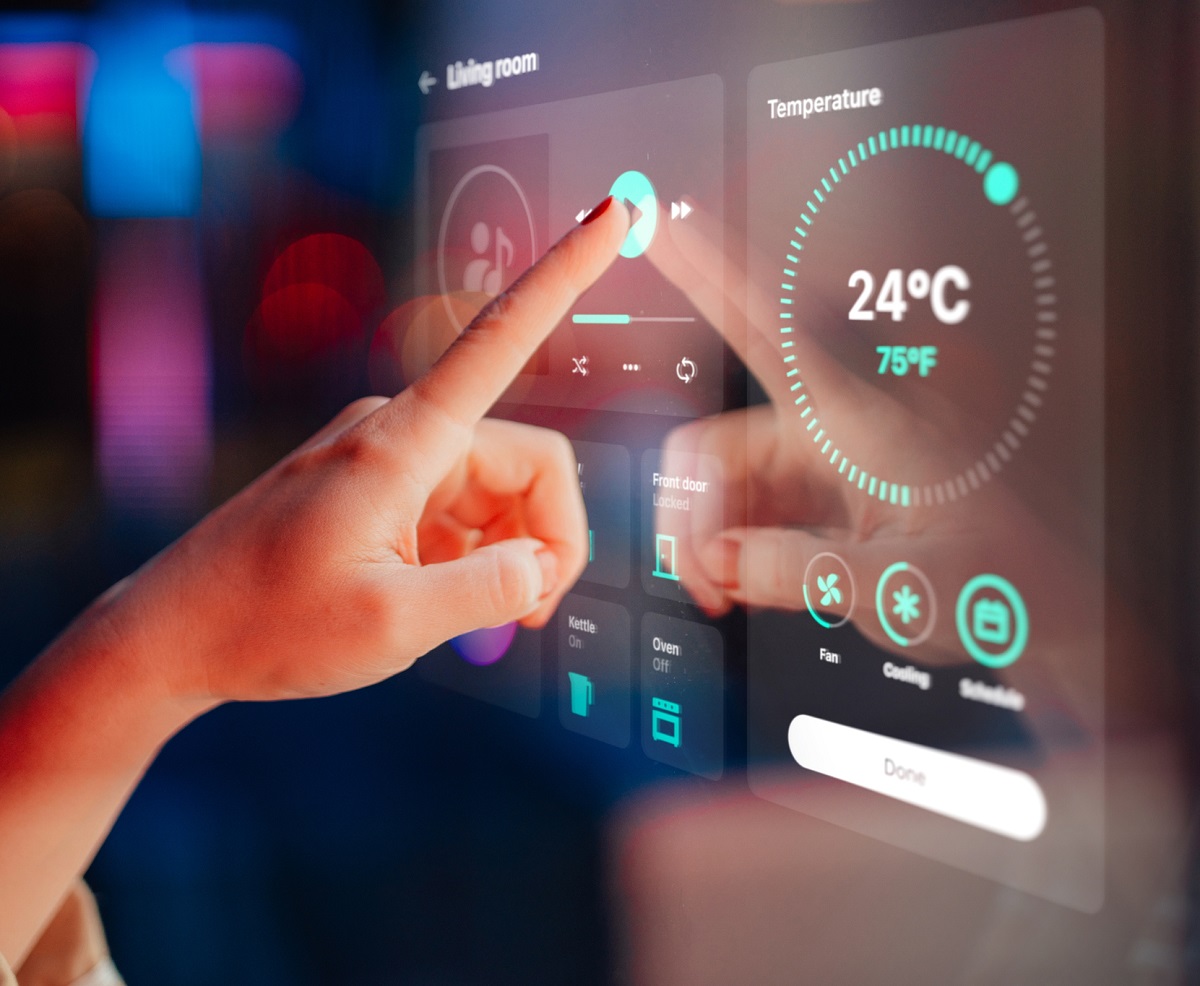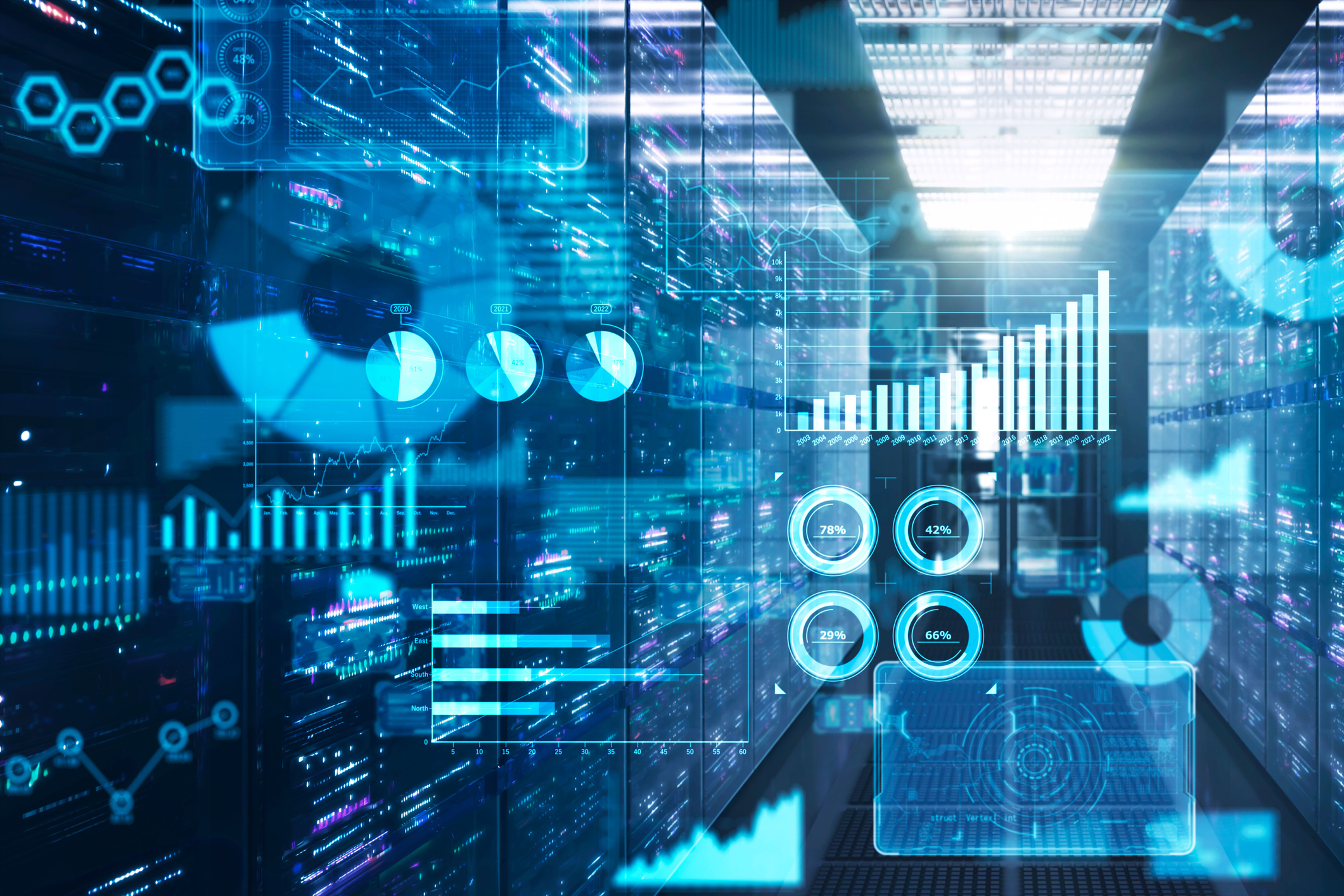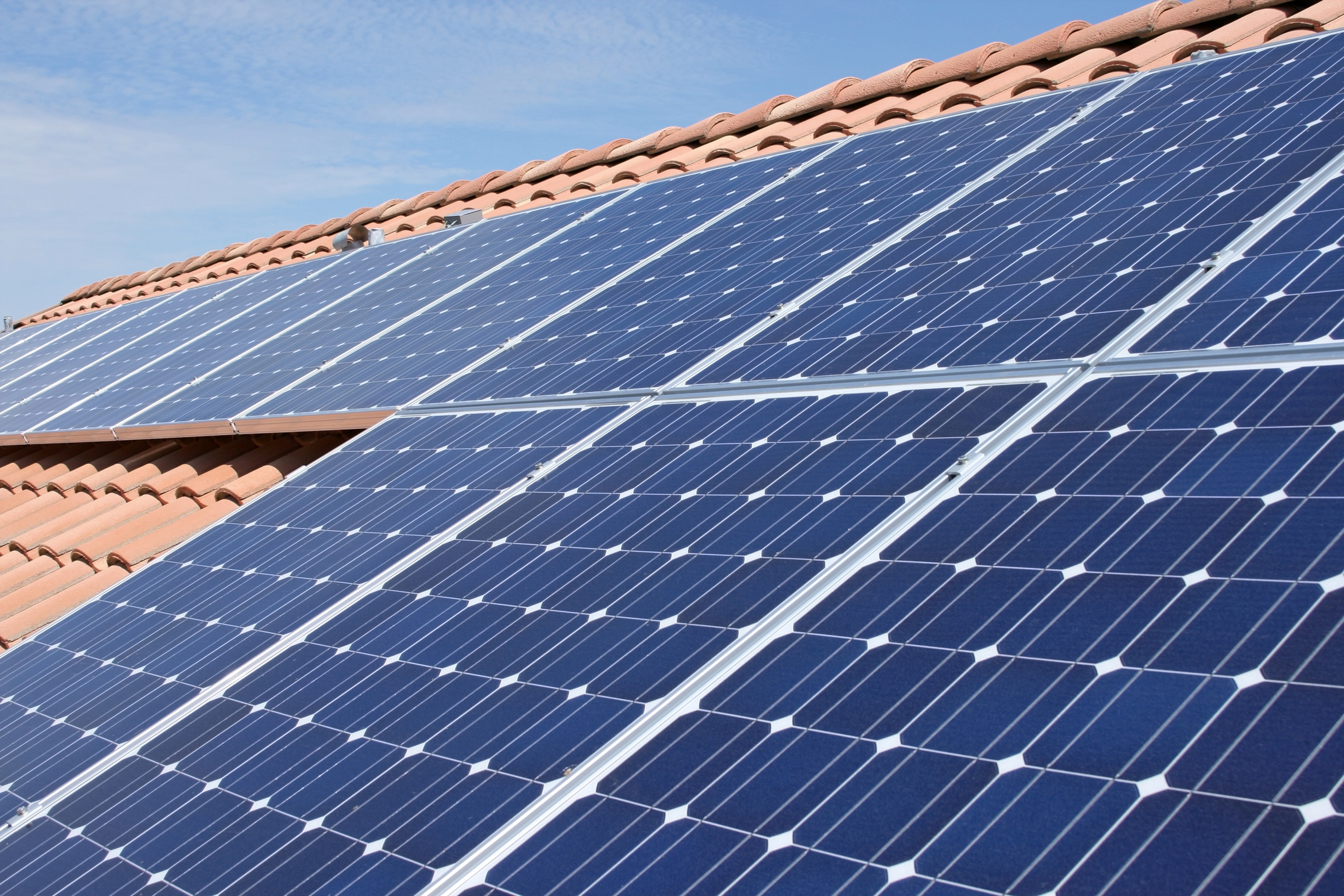Enabling smart meter system innovation through grant-funded activity
The DCC is obligated through our licence to carry out business in a manner that drives competition within the energy market and to support innovation in the design and operation of energy networks.
In alignment with our our strategic priorities, DCC is working on a number of projects that can help realise the potential and public benefit of the smart meter system.
Several recent competitions from the Department for Energy Security and Net Zero (DESNZ), Ofgem and Innovate UK have been directly designed to enable innovation across the smart metering system.

Smart meter data can play an important role in supporting Britain reach its Net Zero targets and tackle some of the other societal challenges the country faces, such as fuel poverty. One way the Government and the regulator seek to resolve these types of policy challenges is through investment in research, development, and innovation competitions.
Several recent competitions from the Department for Energy Security and Net Zero (DESNZ) have been directly designed to enable innovation across the smart metering system.
Key projects
uZero
Funded by Innovate UK and sponsored by the Department of Energy Security and Net Zero and Ofgem, this project sits within the Modernising Energy Data Applications competition. Led by Urban Tide alongside consortium partners, DCC, the Connected Places Catapult, South East Net Zero Energy Hub and University College London, we developed a new tool that will help identify areas at higher risk of fuel poverty.
Aimed at organisations who invest in energy efficiency measures, the award-winning software called ‘uZero’ uses AI and anonymised smart meter system data from the DCC to allow energy suppliers, housing associations, and local authorities to deliver targeted support.

Vulnerability Identification Via Informative Data (VIVID)
Building on the award winning uZero project, DCC was invited to join the Alpha phase of the Strategic Innovation Fund (SIF) ‘Vulnerability Identification Via Informative Data’ (Vivid) project. Vivid aims to test and unlock replicable approaches to identifying consumers in various vulnerable situations by analysing data available from smart meters. This includes using innovative techniques to securely and safely share smart meter system data, which, when combined with other social and local information can be used to better identify and support those consumers most in need.
These new methods of identification allow contact with customers who have previously been left out of engagement, not realised the support they are entitled to, or have found it hard to ask for help. A key part of the project is working through how smart meter system can be shared safely and securely, ultimately seeking to unlock a model that can be scaled across the UK.

Automatic Asset Registration (AAR)
AAR is part of the overarching Department of Energy Security and Net Zero Flexibility Innovation Programme, which seeks to fund innovation across a range of key smart energy applications.
The transition to Net Zero will require the rapid uptake of Low Carbon Technologies (LCTs), which represents many opportunities and risks for the energy system. One challenge associated with the uptake of LCTs is that there is a lack of visibility of these assets to Distribution Network Operators (DNOs) and other stakeholders.
DCC was funded to join a consortium of industry partners, led by an Australian technology provider GreenSync, and the Energy Systems Catapult (ESC) as part of Phase 1 (feasibility study) of the Automatic Asset Registration Programme, (September – December 2022). The AAR Programme has now moved into Phase 2 (solution development) and Phase 3 (pilot testing) will begin in August 2024 and conclude in August 2025.
A key role for DCC during the innovation project is to provide advice across several areas (technical, security, regulation, operations). DCC are providing advice on how to best incorporate address and (Meter Point Administration Number (MPAN) datasets into the solution – we are exploring how the Retail Energy Location (REL) Address can be incorporated into the enduring solution.
DCC has begun early discussions with project partners on how the solution could be taken forward beyond the conclusion of the funded AAR innovation programme. We will continue the discussions with industry partners and stakeholders to establish the best route to transition the pilot to a live service in a manner that delivers a smarter, greener, and more connected Britain.

Smart meter-based Internet of Things (IoT) applications
This programme also sits within the DESNZ Flexibility Innovation Programme and aims to determine the feasibility of using the existing smart metering system to carry data from IoT sensor devices and to explore the use cases that these data enable.
Now complete, Phase 1 of the programme sought conceptual designs that fulfilled the SMIoT technical brief and analysis of the use cases, benefits and potential market for such a solution.
Currently underway, Phases 2 and 3 of the programme, under which two projects have been awarded, take the proposed conceptual designs through development and testing, assurance and a live trial in real consumers’ homes, using the DCC network.
DCC is supporting the Phase 2/3 projects led by Hildebrand (along with the University of Salford and Utilita Energy) and Octopus Energy respectively.
A key aim of the project is that energy consumers will have full control of the use and sharing of data from these sensors. Security and privacy controls will continue to be enforced. The system will hold an inventory of devices and relay messages rather than storing the sensor readings themselves.

Smart Meter Energy Data Repository
The Smart Meter Energy Data Repository (SEDR) Programme aims to support innovation to determine the technical and commercial feasibility of a smart meter energy data repository. This will enable future innovation of products and services to benefit consumers while ensuring their data remains protected under the Smart Meter Data Access and Privacy Framework.
As part of a consortium led by Advance Infrastructure Technology, DCC is contributing to the Phase 2 project, which will explore the feasibility of creating a smart meter data repository which maintains user control of personal data and the strict privacy protections already in place. The project’s approach puts privacy in the foreground, exploring new tools and techniques to protect personal data while sharing anonymised trends and insights to help manage our energy system more efficiently and accelerate the transition to net zero.

Partner with the DCC
We are always keen to hear from innovators across industry and other organisations. If you are interested in partnering with the DCC on current or future innovation competitions, please get in touch.
Further reading



